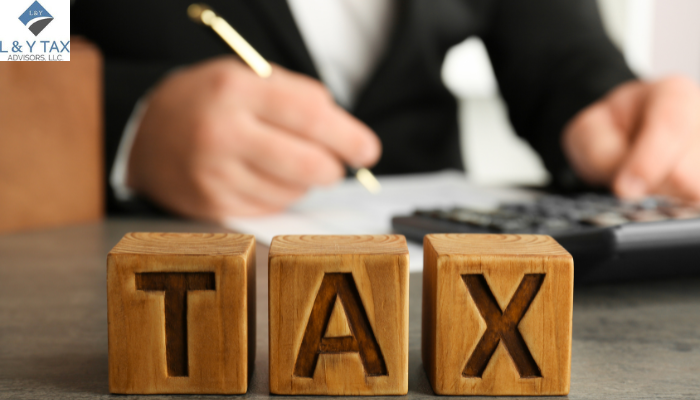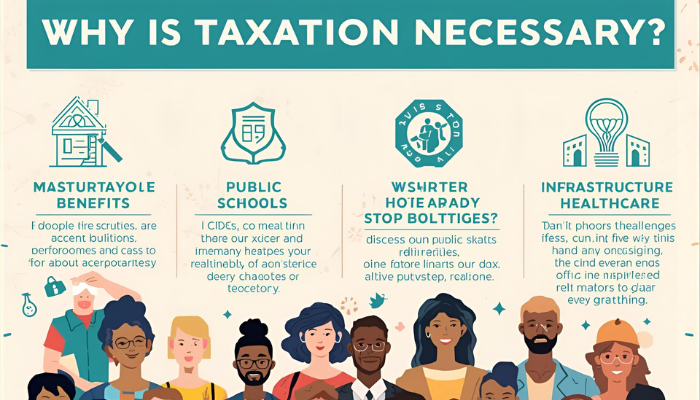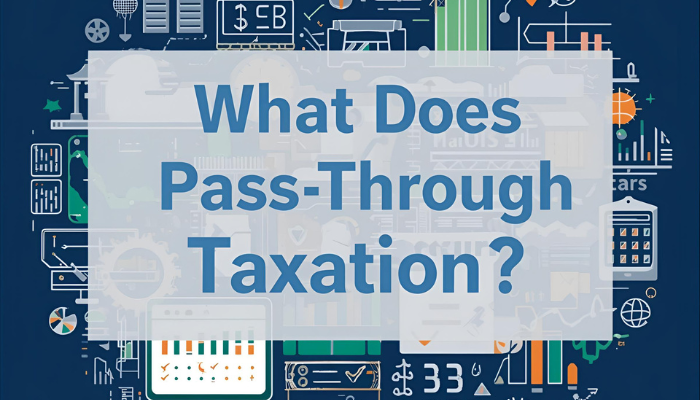
Can I file my business and personal taxes separately?
Tax season may be challenging for people, especially company owners who have to handle both personal and corporate taxes. It tests your ability to balance personal and professional finances and might compel you to think, ‘Can I file my business and personal taxes separately?’
Maintaining compliance and improving financial efficiency demands that you comprehend the differences between personal and corporate taxes. You must also consider how having a business impacts personal tax responsibilities. To find the answers to, ‘Can I file my business and personal taxes separately?’, our business tax services explain how you can manage them efficiently.
Personal Taxes vs Business Taxes
For efficient tax obligation management, it is crucial to comprehend the distinctions between personal and corporate taxes:
Personal (or Individual) Taxes
Individuals filing personal taxes submit their income, credits, and deductions yearly. Except when an extension is sought, personal tax returns are normally due on April 15 each year. Schedule C of Form 1040 reports company revenue in addition to wages and salary, as well as investment and rental income.
Business Taxes
Organisations including partnerships, S companies, C corporations, and sole proprietorships are responsible for filing business taxes. Depending on the business structure, a certain kind of tax return may be needed. Companies file separate tax returns, such as:
Form 1120 for C companies
Form 1120-S for S corporations
Sole proprietors record company income and costs on Schedule C of their personal tax return (Form 1040).
Can I File My Business and Personal Taxes Separately?
It is feasible to submit your personal and corporate taxes separately. In fact, this is the norm for many small company proprietors.
Whether it is a partnership, S corporation, C corporation, or sole proprietorship, each business is responsible for submitting its tax return.
However, there are certain exceptions. For instance, the owner’s personal tax return records business revenue and costs in a pass-through firm.
How Does Owning a Business Affect My Personal Taxes?
There are many ways in which owning a business may affect personal taxes:
Pass-Through Income
Business income and losses are ‘passed through’ to your personal tax return if you are a sole proprietor, a partner in a partnership, or a shareholder in a S corporation.
In other words, you declare business revenue and deductions on your personal tax return. It impacts your total tax burden and taxable income.
Self-Employment Taxes
Self-employment taxes cover Social Security and Medicare payments. These are levied on business owners who earn income from self-employment.
These taxes are usually recorded on Schedule SE of Form 1040. They are paid quarterly using anticipated tax payments.
Deductions and Credits
Entrepreneurs can claim several tax breaks and credits for their company operations. These include:
- Deductions for qualified business costs
- Retirement contributions
- Business expenses
- Health insurance premiums
The Bottom Line
It takes careful preparation and close attention to detail to manage the solutions to ‘Can I file my business and personal taxes separately?’ By knowing the differences between personal and company taxes, you can maintain compliance with tax regulations and manage tax season with confidence. You should also study how having a business impacts personal tax responsibilities. To maximize tax efficiency and minimize tax obligations, prioritize seeking advice from our financial or residential property tax experts.


